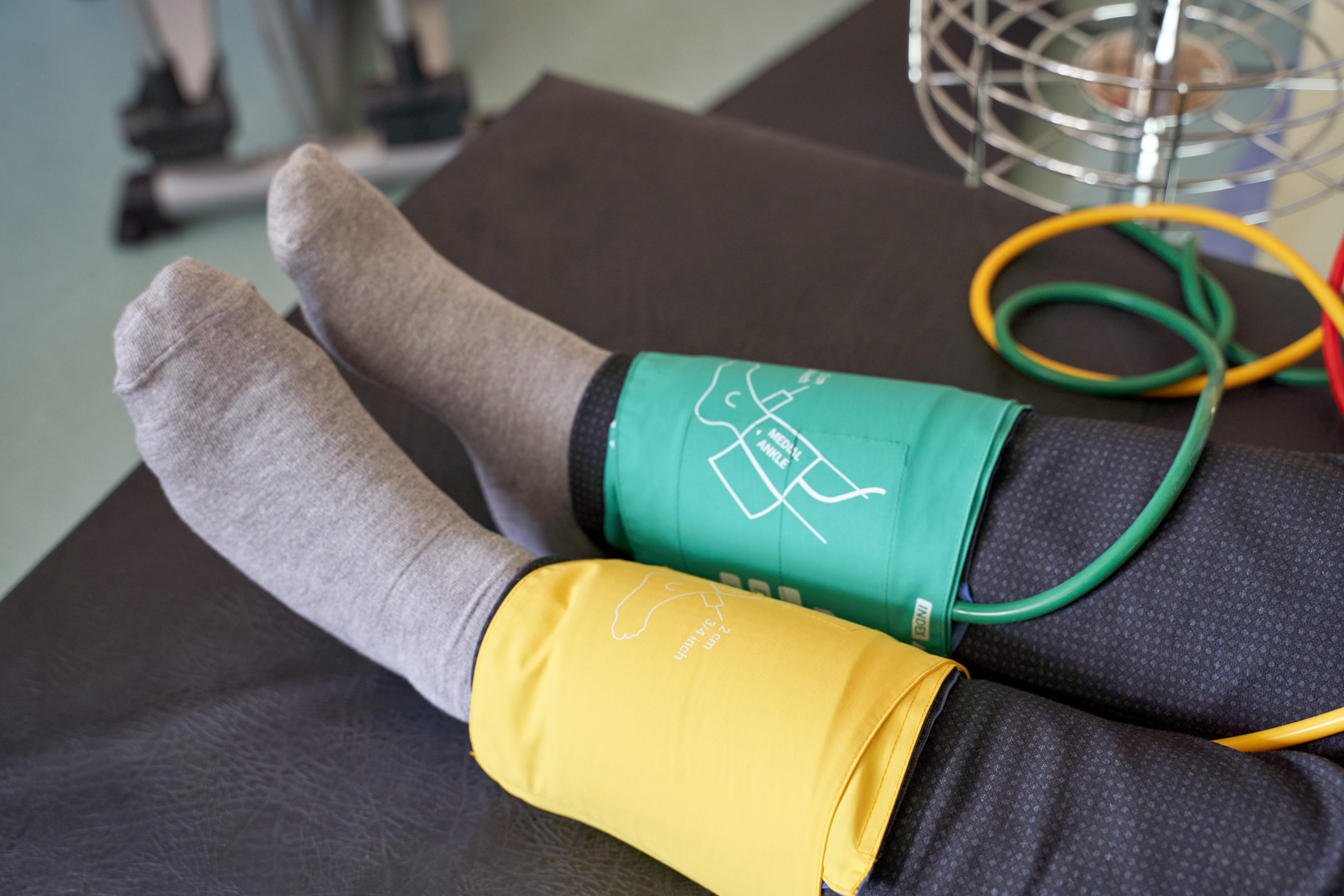
The underlying cause of chronic kidney disease (CKD) is unknown in at least 20% of patients. Massive parallel sequencing (MPS) could help with diagnosis in such patients, but prospective data from routine clinical practice are limited.
Amber de Haan, MD, PhD, and colleagues wanted to understand the diagnostic yield and relevance of MPS-based gene panel testing in patients with unexplained CKD in a real-world context. Their prospective cohort study also examined barriers to genetic testing implementation.
Study participants comprised patients with CKD of unknown origin (estimated glomerular filtration rate <60 mL/min/1.73 m2 without underlying clinical diagnosis) with onset before age 50 years. Participants had MPS-based multigene panel testing at 11 hospitals (academic and nonacademic) across the Netherlands. When a pathogenic variant was identified, the researchers verified that the variant likely explained the clinical phenotype.
Of 340 participants, 59 (17%) had a diagnostic variant identified. The most common variants occurred in NPHP1 (n=13), COL4A3 (n=12), COL4A4 (n=5), COL4A5 (n=6), and PAX2 (n=5). In 73% of patients, a genetic diagnosis resulted in at least one clinical consequence.
To gain insight into barriers to gene panel testing, the researchers distributed an online survey to all Dutch nephrologists and residents. The barriers most frequently reported by 71 survey respondents were genetic illiteracy (53%), difficulties with test selection (51%), and lack of time (43%).
The findings support the relevance of MPS in diagnosing adults with unexplained CKD and highlight the need to better educate nephrologists about genetics to increase clinical implementation of MPS-based diagnostic testing.







 © 2025 Mashup Media, LLC, a Formedics Property. All Rights Reserved.
© 2025 Mashup Media, LLC, a Formedics Property. All Rights Reserved.